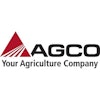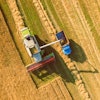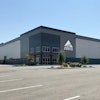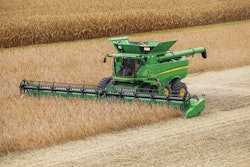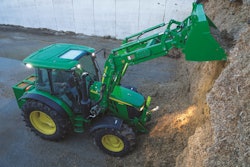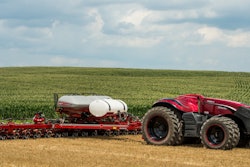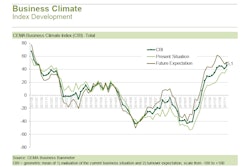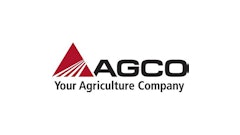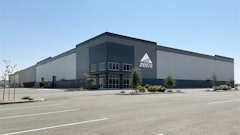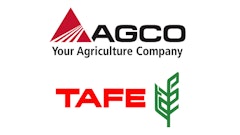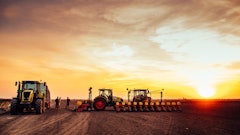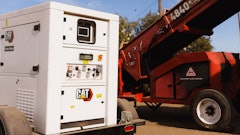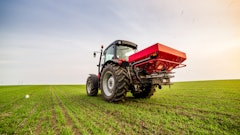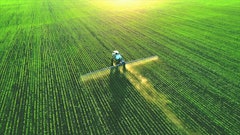The "IIoT in Agriculture" report has been added to Research and Markets' offering.
The agriculture industry will undoubtedly become more important than ever before in the near future. According to the United Nations Food and Agriculture Organization, the world will need to produce 70% more food in 2050 than currently, in order to feed the growing population. Factors such as climate change, limited arable land, water scarcity, labor demand, distress migration, crop failures due to outbreak in pests and diseases, and other variables will further aggravate this demand for global food production.
To meet this demand, technology will play an important role, as farmers and agricultural companies are turning to the Industrial Internet of Things (IIoT). Global farm equipment manufacturers are looking at improving manufacturing efficiencies for their businesses and end users.
They are looking at capitalizing on the recent advances in IIoT by fitting their farming equipment with sensors and telematics solutions to help farmers implement precision agriculture practices with an objective to manage and track their fleet of machinery and gather real-time data on equipment status. The industry is not new to technological innovations. However, with the introduction of IIoT, farming is expected to be elevated to the next level.
IIoT sensors would bestow the power of data to farmers. Using this data, the farmers can accurately ascertain and predict rainfall, soil nutrition levels, and crop yields and be able to avert pest infestations and crop failures. The main objective of smart farming is not just to gather data, but also to convert this data into meaningful insights that can help improve productivity and bring down manual efforts. With rapidly increasing advancements of IIoT in agriculture, farming practices will continue to develop, there will be improved connectivity resulting in improved productivity. Several traditional farm equipment manufacturers are increasingly making a move towards connectivity and other advanced smart manufacturing techniques.
As a recent example, John Deere, a major agricultural equipment manufacturer, acquired an Artificial Intelligence (AI) startup, Blue River Technology. John Deere made this move primarily to optimize its traditional crop spraying methods and to automate and teach its tractors how to farm. These tractors would now be deploying cameras that come with deep-learning capabilities; so, when they see a plant, they can identify it as weed and hit it with pesticide. If, on the other hand, the tractor sees a crop, the algorithm ensures that the equipment fitted on the tractor sprays fertilisers over the crops.
Given all the potential benefits of IIoT in farming, farmers and farm equipment manufacturers are increasingly turning their focus, time, and investments to smart manufacturing techniques that will define the future of agriculture in the years to come. With such rapid advancements of IIoT in farming, soon millions of sensors will start collecting several zeta bytes of farm data.
